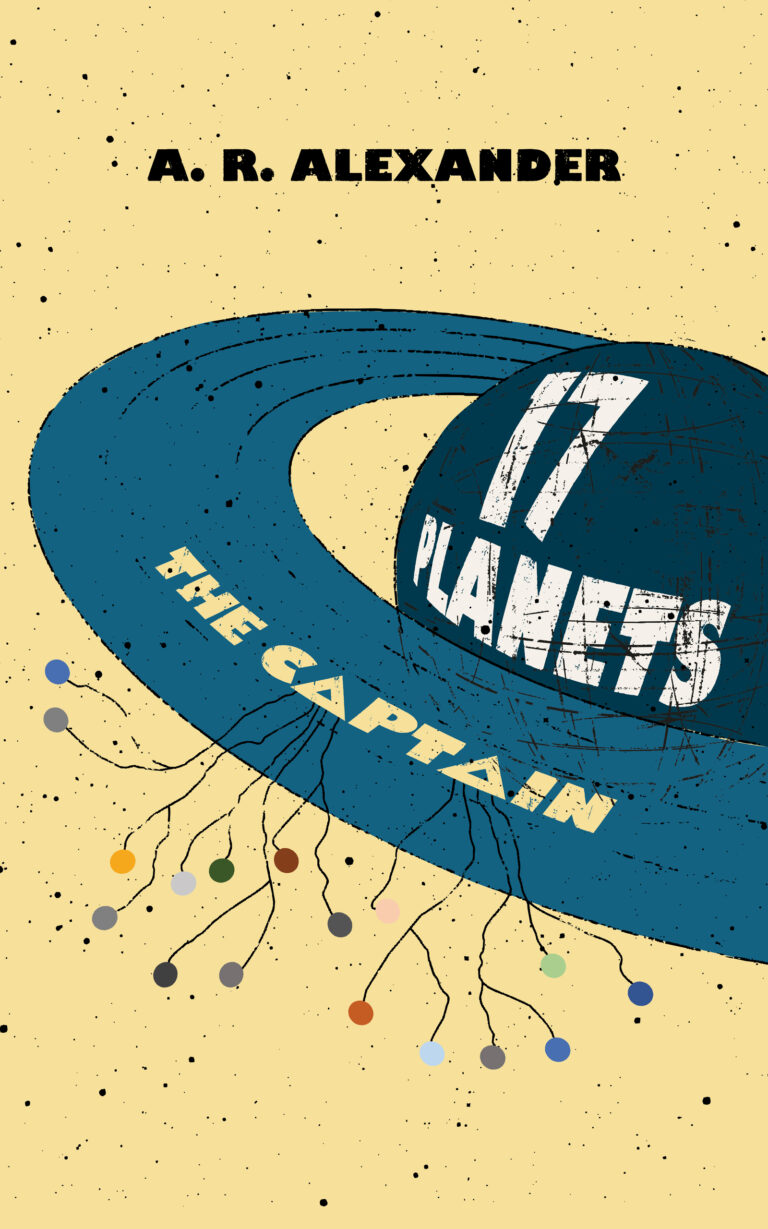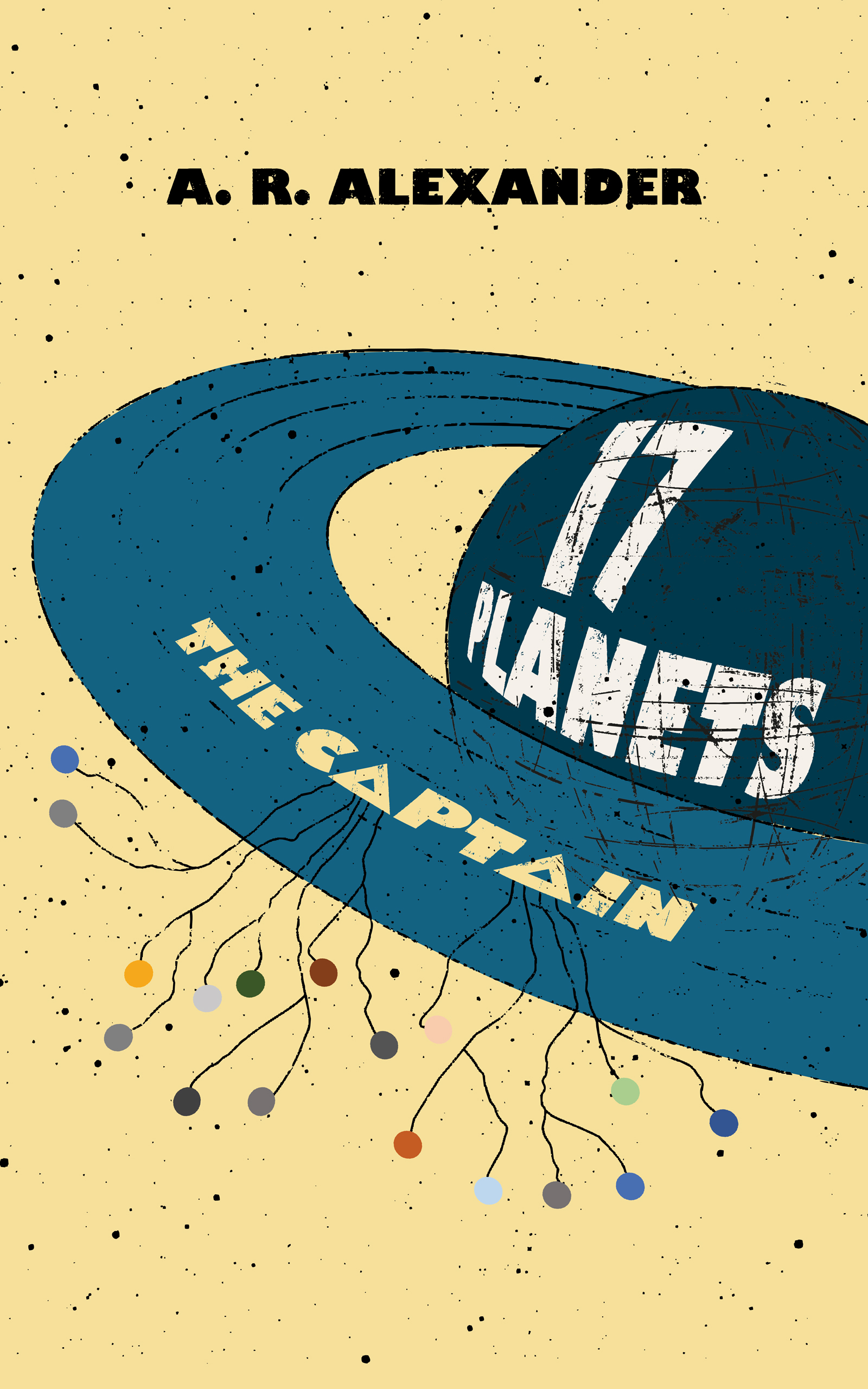Many centuries into our future, in a distant corner of the galaxy, 17 planets have been divided into four factions. The inhabitants of these worlds are all descended from people who left planet Earth in the 33rd century. Each faction is connected to the others by commercial or political necessity. Each planet is ruled in a particularly unique way. Despots, tyrants and other more benign means of government have evolved. Despite the huge advances in science one of the founding principles of these new worlds was that technology was to serve man, not replace him. To this end there are no humanoid robots. This isn’t to suggest that these future humans were immune to evolutionary technology. A bio-mechanical device, the Ajna, has been placed between their eyebrows and its filaments interact with the brain curing mental degeneration and numerous diseases. This seemingly beneficial invention may yet prove to have a darker side. In amongst the constant political power-plays of the 17 planets appears the Captain, a legendary figure whose guile and cunning could change the lives of all of the people in her orbit.
The first of five books in an epic series, A. R. Alexander’s 17 PLANETS – THE CAPTAIN is sprawling, complex and meticulously detailed. In a prologue Alexander recounts the millennium leading up to the point where the novel begins, detailing the birth of this civilization in Byzantine detail. Like Frank Herbert’s Dune series, the book is dependent on the reader being prepared to dive deeply into a world of intricate political machinations with a huge cast of characters spread across many locations. Alexander’s world building is exacting in its detail with future technologies clearly described and environmental details both precise and easy to absorb. At various points within the text simple illustrations by Ivano A. Antonazzo serve to clarify connections and observations. None of this is to say that what Alexander has created is unrecognizable from humanity as it is today. Like a lot of classic sci-fi, the author uses the future to focus on the now. The best parts of the book read like an allegorical take on the problems planet Earth currently faces: The dread creep of technology that is possibly running out of control, the rise of oppressive regimes, the depletion of resources. As with Alexander’s approach to societal struggles, there is equally serious focus on psychological issues. These characters may live in a world many centuries into the future, but their fears and worries echo that of contemporary humanity.
Smoothly translated from the Italian by Maria Harsford, Alexander’s prose reads easily and her characters–of which there are very many–are well realized. And the central character, the titular Captain, is a refreshingly dynamic female lead in a genre which is all too frequently male dominated.
A. R. Alexander’s 17 PLANETS – THE CAPTAIN is a sprawling and complex novel space epic that comes with a warning of what the future may hold.
~Kent Lane for IndieReader


